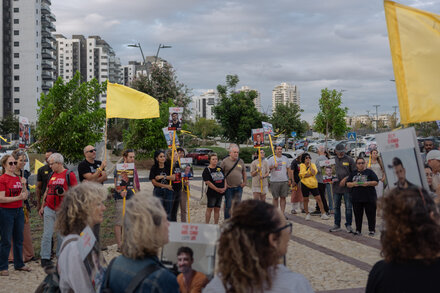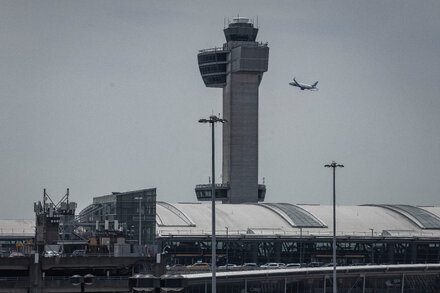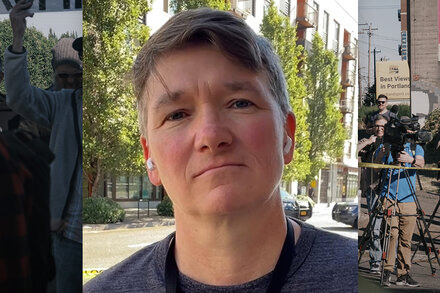International diplomatic efforts continue to intensely focus on securing a comprehensive hostage deal between Israel and Hamas. This overview delves into the complex negotiations, key demands, and significant obstacles that have thus far hindered a breakthrough.

Efforts to secure a comprehensive hostage deal between Israel and Hamas remain a central focus of international diplomatic activity, aiming to facilitate the release of individuals captured during the October 7, 2023, attacks. The complex negotiations, primarily mediated by Qatar, Egypt, and the United States, have faced numerous impasses, yet continue amid intense pressure from families of the hostages and the international community.
The Genesis of the Crisis
The current hostage situation began on October 7, 2023, when Hamas launched a surprise attack on southern Israel, killing approximately 1,200 people and abducting around 250 others. The hostages include Israeli civilians, soldiers, and foreign nationals. While some were released in a temporary truce in November 2023, and others have been recovered or tragically died in captivity, an estimated over 100 individuals are believed to still be held by Hamas in Gaza.
Key Components of Proposed Deals
Negotiations have consistently revolved around several core elements:
- Phased Hostage Releases: Proposals typically outline a multi-stage process for releasing hostages, often prioritizing women, children, the elderly, and the sick in initial phases, followed by male civilians and soldiers.
- Palestinian Prisoner Exchange: In return for the release of hostages, Hamas demands the release of a significant number of Palestinian prisoners held in Israeli jails. The exact numbers and identities of these prisoners have been a major point of contention.
- Ceasefire Duration: A temporary pause in fighting is a standard component, often escalating to demands for a more extended or permanent cessation of hostilities.
- Humanitarian Aid: Increased delivery of humanitarian aid into Gaza is also a consistent demand, linked to the humanitarian conditions in the besieged territory.
- Israeli Troop Withdrawal: Hamas has repeatedly called for a complete withdrawal of Israeli forces from Gaza as part of a final agreement.
The Role of Mediators and Obstacles
Qatar, Egypt, and the United States have played critical roles in shuttling proposals and counter-proposals between Israel and Hamas, who do not engage in direct negotiations. The primary obstacles to reaching an agreement often center on the duration of a ceasefire and Israel’s post-war strategy. Hamas insists on a permanent end to the war and a full Israeli withdrawal from Gaza before a complete hostage release, a demand Israel has largely rejected, citing its goal of dismantling Hamas’s military and governance capabilities.
“Our commitment is unwavering: to bring all our hostages home and ensure that Hamas can no longer threaten our people,” an Israeli government spokesperson stated, reflecting the dual objectives of the Israeli side.
Conversely, Hamas officials have emphasized that any deal must address their broader demands for Gaza.
“No agreement can be reached without a complete cessation of aggression, the withdrawal of occupation forces, and a serious exchange for our prisoners,” a Hamas official was quoted as saying in recent reports, underscoring their conditions.
Mediators continue their efforts to bridge these significant gaps.
“We are engaged in intensive discussions with all parties, working tirelessly to find common ground that can lead to a breakthrough and bring much-needed relief to all involved,” a diplomatic source involved in the mediation noted.
Past Precedent and Current Status
A notable precedent for such exchanges occurred in November 2023, when a week-long truce resulted in the release of over 100 hostages in exchange for 240 Palestinian prisoners. This demonstrated the feasibility of a deal, yet subsequent negotiations have struggled to replicate that success on a larger scale. As of recent reports, negotiations continue intermittently, often characterized by periods of cautious optimism followed by renewed deadlock as proposals are exchanged and conditions are debated.
The humanitarian situation in Gaza and the prolonged captivity of the hostages add urgency to these diplomatic efforts, which remain fluid and highly sensitive.
Source: Read the original article here.




